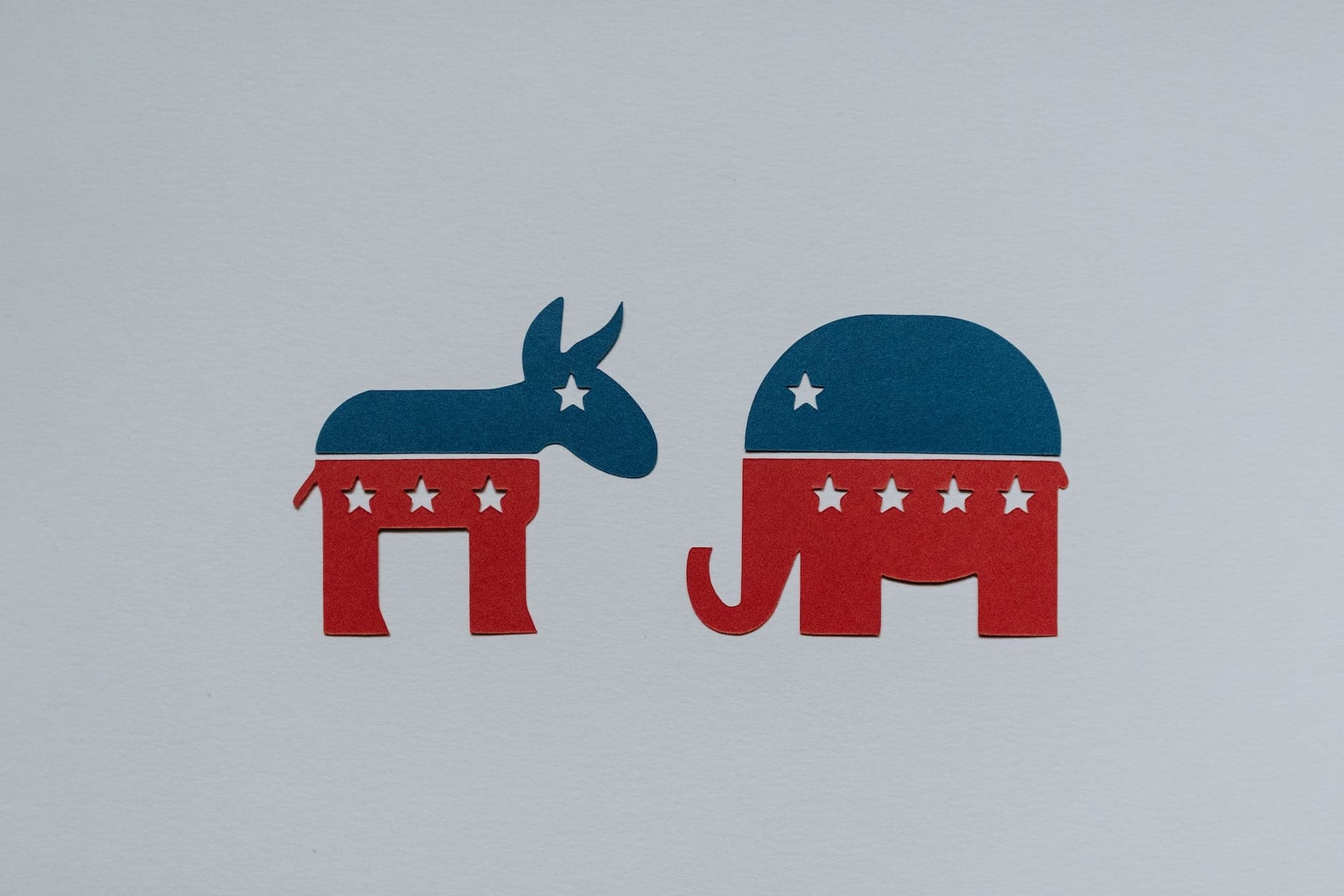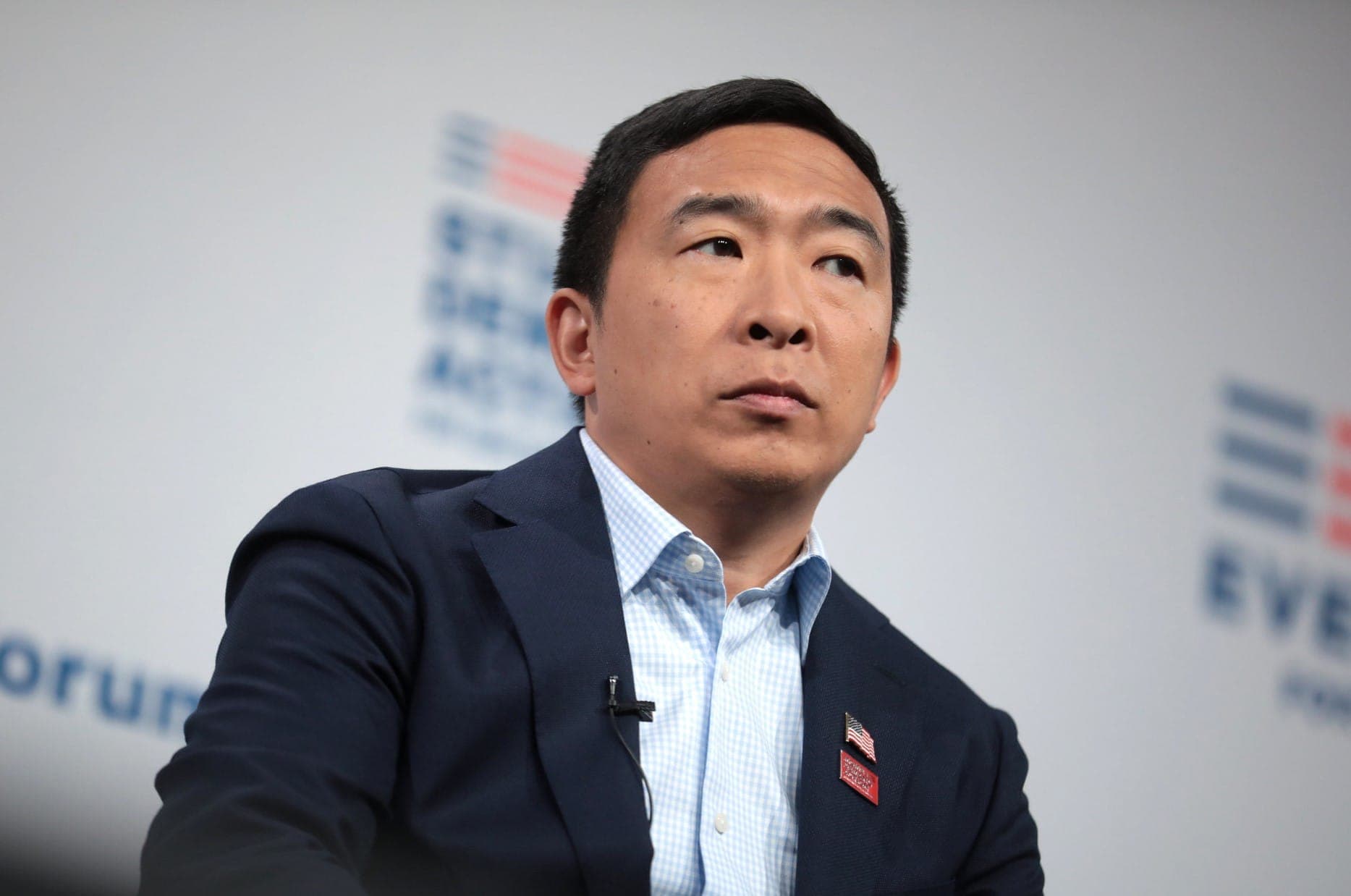Disagree Better: Group of Governors Have Worked to Cool Down the Political Rhetoric

Following the assassination attempt on former President Donald Trump, leaders of both major political parties have called for unity and for a change to the venomous rhetoric in US politics.
In a speech to the nation Sunday evening, President Joe Biden said the political rhetoric in the country has become "too heated" and "it's time to cool it down."
Trump posted on Truth Social that it "is more important than ever that we stand United, and show our True Character as Americans." He also said his RNC speech will focus on this theme.
There is no question that hyper-polarization between the parties has exceeded the boiling point. Americans see it and most are exhausted when they think about US politics.
Candidates do not talk about each other like political rivals with opposing ideas. They talk about their political opponents like they are enemies that will bring destruction and ruin.
One side says their opponents will destroy the country. The other side says their opponents will destroy democracy. With such high stakes, little room is left for hope for the future.
The most pervasive rhetoric from both sides is meant to fire up base supporters – but in a way that targets their anger and fear, invoking their worst devils rather than their better angels.
The attempted assassination of Donald Trump is not the first act of political violence in modern US history, and it is not the first time there was an immediate call for unity. The question is:
How long will it last under a two-party political system designed to inflame division?
Utah Governor Spencer Cox Tries to Bring Immediate Relief for the ‘Exhausted Majority’
In July 2023, National Governor Association Chair and Utah Governor Spencer Cox launched an initiative called Disagree Better. The aim was to encourage healthy conflict to persuade and cooperate rather than to hate and demonize.
“The deep division we’re experiencing in the United States goes beyond politics,” Cox said during the NGA’s 2024 summer meeting. “Polarization is causing conflict among friends and family and within bedrock institutions like schools and faith communities. We have to get a handle on it before it spirals out of control.”
Disagree Better is not merely a call for civility. Cox believes “being nicer is important” but the goal of his initiative is to teach people “the right kind of conflict” – to teach people how to be curious, listen, and “attack ideas, not people.”
The most visible component of the initiative is a series of videos featuring at least one governor sharing the screen with a public official from the “other side” – which could mean a fellow governor, legislator, mayor, or someone else.
The idea is to publicly show voters a Republican and a Democrat not only getting along, but cooperating with each other to find solutions. The two acknowledge opposing ideas, but emphasize the importance of disagreeing without being disagreeable.
“Consider it counterprogramming. Cable news and social media are all conflict, all the time. But there is an exhausted majority out there, quietly working together,” the Disagree Better website states.
The initiative also calls on officials to engage in service activities within communities and with people on opposite sides of the political aisle, record civic education ads, co-author op-eds with someone from the other party, and host debates that use healthy conflict models.
“One year after launching Disagree Better, I’m more convinced than ever that there is an exhausted majority ready and able to change our political culture,” Cox said.
“Americans are sick of the hate and division, but many feel helpless to turn it around. Through Disagree Better, we’ve highlighted very practical things that every one of us can do to help heal the divides in our nation and our neighborhoods.”
Cox encourages people to volunteer in their communities, connect with organizations that are working to bridge political divisions, and engage respectfully with people who hold opposing viewpoints.
Getting to the Source of the Problem
During the NGA meeting, Cox touted research from Stanford University’s Polarization and Social Change Lab that showed a noticeable depolarizing impact on the people who watched the Disagree Better ads.
And this makes sense when one considers that most Americans are tired of division. They want to see less polarization and more cooperation. Public officials will have an impact when they lead by example.
The problem is political candidates in the US operate in a system that incentivizes polarization. It facilitates the type of rhetoric voters are exposed to on a daily basis by creating a zero-sum contest between two sides.
It snuffs out competition, limits choice, and even suppresses the votes of millions of US citizens who choose to identify and register outside the Democratic and Republican Parties. The extreme hyper-polarization voters see is a product of this system.
Voters are told there are two sides and only two sides. This is emphasized in the national media, which presents all issues in terms of “Red vs Blue,” and enforced by elections that at every level force voters to pick a side.
If they don’t or choose the “wrong side” then they are an accomplice to the country’s ruin. One only needs to look at the partisan rhetoric on social media to see that even when there are public calls for unity, the vitriolic behavior continues.
Why? Because public officials are incentivized to behave this way.
It is becoming increasingly clear to voters that efforts to bridge partisan divides are important, but creating a healthier political ecosystem requires changing the way public officials are elected and incentivized to behave on the campaign trail.
This is why 6 states, plus the District of Columbia, have initiatives in 2024 to not only enfranchise all voters, including millions of independent voters, but be the catalyst for more choice and competition in elections.
Most of these initiatives include combining open or nonpartisan primaries that allow all voters and candidates to participate on a single ballot with ranked choice voting, which gives voters the opportunity to rank candidates on the ballot in order of preference.
Advocates of ranked choice voting (RCV), in particular, argue that it is a voting method designed to incentivize a more civil campaign environment. When candidates campaign for voters’ second and third choices, they are less likely to attack other candidates.
When there is choice and competition, there is a greater incentive to put voters first because gaining and retaining an elected position requires prioritizing problem solving, which in turn requires politicians to cooperate with each other.
Just look at Alaska, the first state to adopt the nonpartisan primary and ranked choice voting model that is being replicated by campaigns across the US.
Governor Cox has even helped bolster awareness and use of ranked choice voting (RCV). In March 2021, he signed a bill that expanded the state’s RCV pilot program by making it easier for municipalities to opt into the program.
In 2023, 12 Utah cities opted to use RCV. Prior to the expansion of the pilot program, the Republican Party of Utah used RCV in its 2020 nomination convention, during which nearly three-quarters of attendees said they preferred RCV over multiple rounds of voting.
The perception of unity is important, but the thing that is going to give voters the most hope is a system that incentivizes listening to voters and cooperating with the "other side."
Because then "unity" has a real chance to go beyond mere words and political strategy.
 Shawn Griffiths
Shawn Griffiths







